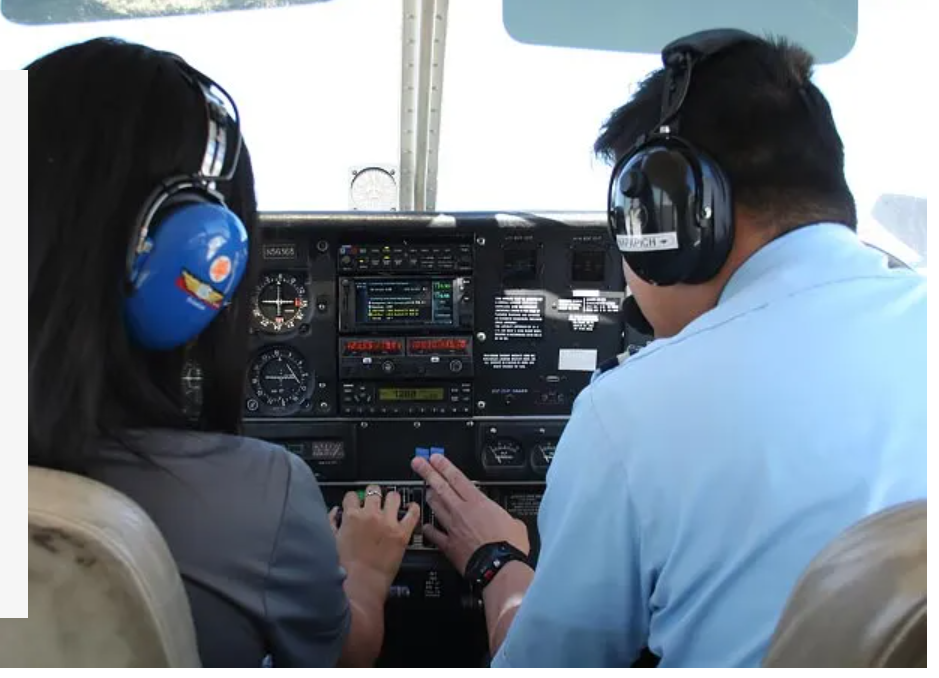NTSB Says FO’s Fatal Plunge Could Have Been An Accident
The NTSB says there’s no conclusive evidence a young first officer intentionally jumped from a plane even though the captain reported it that way. Therefore, the board listed the cause…

The NTSB says there's no conclusive evidence a young first officer intentionally jumped from a plane even though the captain reported it that way. Therefore, the board listed the cause of an emergency landing of the CASA C-212 skydiving plane at Raleigh Durham International Airport on July 29, 2022 as "the airplane’s encounter with windshear during landing, which resulted in a hard landing and separation of the right main landing gear, and the pilot’s subsequent decision to leave his seat in flight, which resulted in his fall from the airplane."
The sensational nature of the tragedy earned it widespread coverage, especially after 911 tapes of FAA officials reporting the incident used the term "jumped" to describe the fatal fall of Charles Hew Crooks, 23, into the backyard of home in a Raleigh suburb. The FAA employees were relaying the perception of the aircraft captain in his radio calls to set up for the emergency landing of the twin, which was missing its right main gear. The report said that although that was the pilot's impression, based on the demeanor of the FO just before the fatal fall, it couldn't find that the fall was suicide. The gear broke off in the aborted landing attempt at a small airport in North Carolina, possibly due to wind shear. Crooks was flying at the time and the captain took over and diverted to Raleigh for the longer runway and emergency equipment.
In his initial interviews with authorities, the captain, who was also the charter company's chief pilot, reported the FO said he was feeling ill and opened a side flight deck window and the rear ramp door to ventilate the aircraft. Shortly after that, according to the NTSB report, the captain then told investigators "the SIC looked at him and said he was sorry, got up from his seat, removed his headset, and ran out of the airplane via the aft ramp door." The captain also said Crooks had previously become disproportionately emotional when he misplaced a company fuel payment card.
But friends, relatives and other coworkers told investigators they were not concerned about Crooks's mental state although he had told family and the owner of the aircraft that he considered the flight an important one because it was with the chief pilot. The toxicology report noted the presence of the chemical mitragynine in his body, indicating he'd taken kratom, an herbal supplement sometimes used to ease anxiety. The NTSB said it considered all that in concluding that it was possible the pilot "lost his footing" while racing for the open ramp door to vomit. It was turbulent at the time of the accident, the board also noted.






